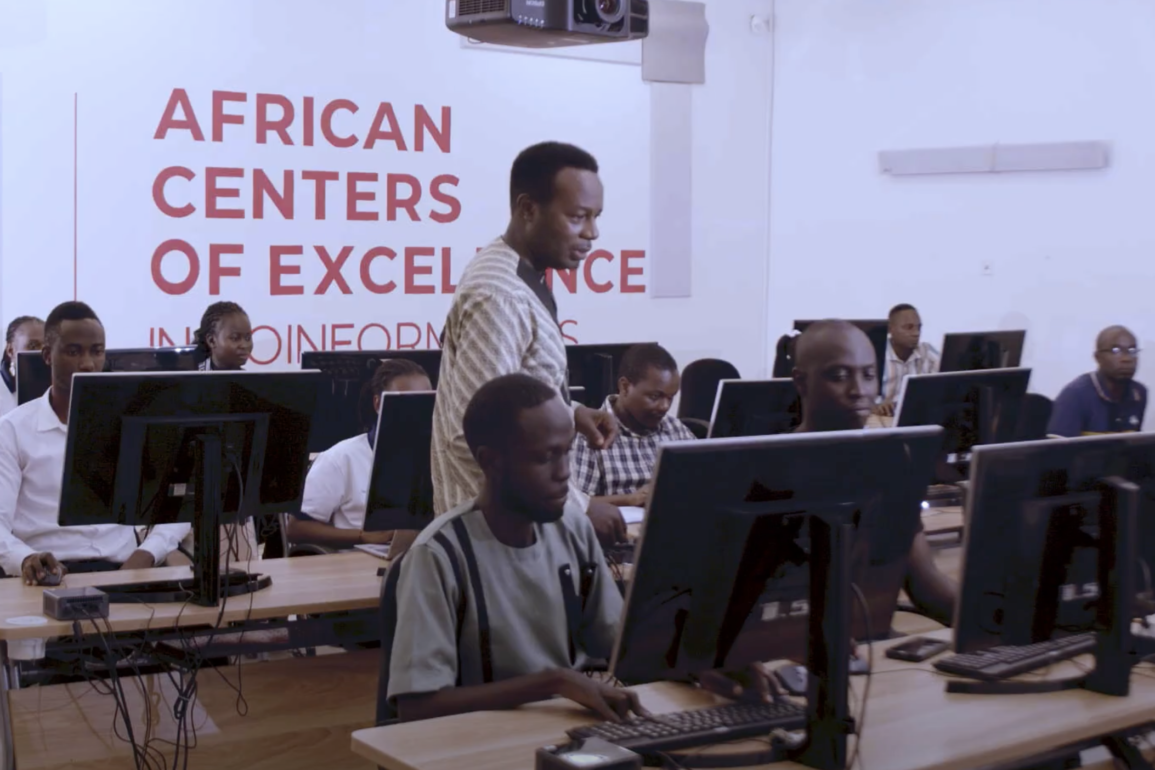The African Center of Excellence in Bioinformatics and Data-Intensive Sciences (ACE-Uganda) has announced a new partnership with Google DeepMind, aimed at expanding the use of artificial intelligence in scientific research across East Africa.
The collaboration will focus on antimicrobial resistance and other pressing health challenges, offering researchers access to DeepMind’s AlphaFold and other AI tools.
“At the African Center of Excellence in Bioinformatics and Data-Intensive Sciences (ACE-Uganda), our core mission is to empower the continent’s brightest minds and conduct innovative research to solve our most pressing health challenges,” the center said in a statement. “That’s why we are delighted to announce our new partnership with Google DeepMind, a collaboration that will provide a budding cohort of young scientists from Uganda, Kenya, Rwanda, and Tanzania with access to world-class AI tools and mentorship, supercharging their vital work.”
A critical component of the collaboration will be dedicated to combating antimicrobial resistance, an area ACE-Uganda has identified as urgent. As part of the effort, the center will host a regional symposium on AI for antimicrobial resistance, paired with targeted training to equip scientists with advanced skills.
The partnership also includes mentorship programs and workshops designed to integrate AI tools like AlphaFold and AlphaMissense into local research. According to the release, ACE-Uganda and DeepMind will organize “an intensive four-day scientific competition, challenging our researchers to apply these AI tools to solve complex biological problems,” alongside “a collaborative visualization platform that leverages ACE-Uganda’s existing VR capacity to create interactive renditions of individual and interacting protein structures.”
For a region that has long struggled with limited access to compute resources and advanced research infrastructure, the collaboration promises a rare chance to close the gap. The statement noted that the deal will provide scientists with access to “crucial compute, enabling data-intensive computational research right here at ACE-Uganda.”
Beyond antimicrobial resistance, the partnership is expected to support research into malaria, HIV, tuberculosis, sickle cell disease, cancers, and diabetes — conditions that remain heavy burdens on African health systems. “Through this partnership, we are not just providing access to technology; we are nurturing the talent that will produce the next great biological breakthroughs, creating solutions for Africa, by Africans,” the release said.




